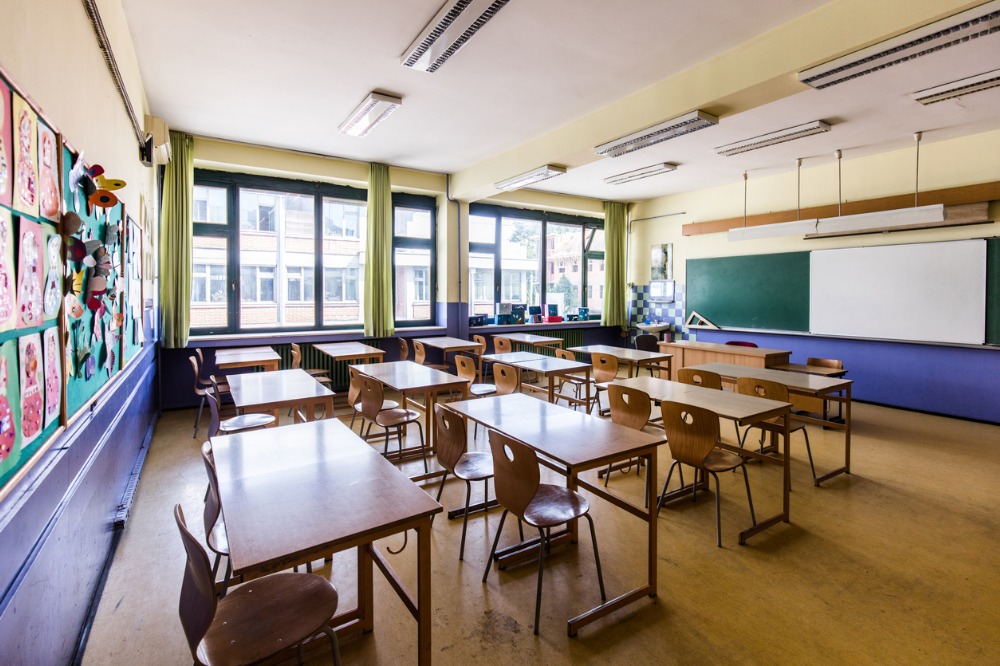
In just over three months, Year 12 students will sit their final school exams, capping off a year that just about everyone would rather forget.
However, in every crisis there is a silver lining, and 2020 has been no exception.
Through the shift to remote and flexible learning, principals, teachers, students and parents have learned new skills, leveraged new technologies and discovered just how resilient and adaptive they are under immense pressure and change.
Now, two globally recognised leaders in evidence-based school transformation are about to harness the ideas, enhanced school-family partnerships and momentum for change in education created by the COVID-19 pandemic.
Canadian academics and authors Dr Judy Halbert and Dr Linda Kaser, co-leaders of the Networks of Inquiry and Indigenous Education in Canada, will share their extensive research and hands-on experience working with schools around the world at a masterclass involving 100 Queensland private school leaders and teachers.
Dr Halbert and Dr Kaser said schools had traditionally served to sort students by their future destinations of university, training or work.
“In our complex, uncertain, interconnected and volatile world, we need much more from our schools. We want schools to be centres of learning – for everyone involved,” they said.
“Parents and carers also need to see and feel the enthusiasm of their children when they are deeply engaged in meaningful learning”.
According to the academics, parents need to be engaged in meaningful discussions about “what success in life really means” and to “move beyond narrow definitions of success as measured by status or grades”.
At the core of the Spiral of Inquiry framework for school transformation – which Dr Halbert and Dr Kaser authored with Professor Helen Timperley – is “getting a clear understanding of what is going on for our learners before leaping to action”.
Teams of Queensland independent school principals, leaders and teachers have been undertaking research into teaching and learning using the Spiral of Inquiry framework as part of ISQ’s Research in Schools program.
Dr Kaser and Dr Halbert have been working closely with these schools since 2019.
“We want to know that every learner has at least two adults in the school who believe in their potential for success and we want to know that every learner understands what they are learning, why it is important and what their next steps are to improve,” they said.
“The only way we can know this is by asking the learners themselves. When we go to a doctor, we expect them to take the time to listen to our concerns, to do further investigation if necessary and then to develop a treatment plan accordingly”.
Dr Kaser and Dr Halbert said listening to learners provides critically important information that will help educators make better decisions.
“We have to avoid the tendency to say that when things aren’t improving quickly enough that it is the fault of the particular program,” they explained.
“Schools are prone to fall into activity traps that can lead to frustration and cynicism”.
The academics hope the masterclass will encourage and motivate independent schools to take student learning to a new level.
“We hope they will be curious about what is going on for their learners and open to listening carefully to what their learners have to say,” they said.
“We would like schools to see the impact that their joint work is having on their learners and that this will encourage them to continue and to go more deeply”.


